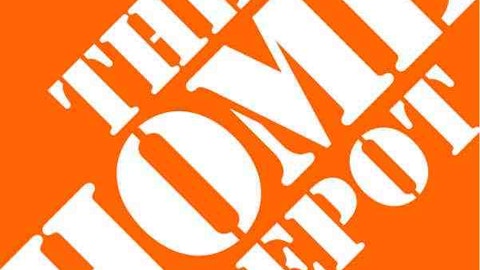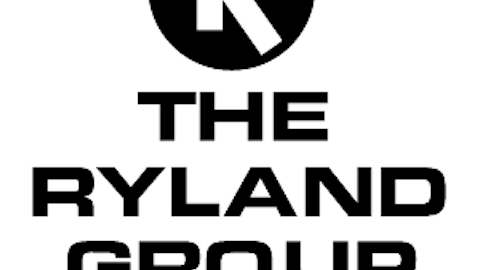So where to invest?
In a previous post I offered up Trex Company, Inc. (NYSE:TREX) as a good company to own. Having completed its turnaround from debt-laden, inefficient, and close to defaulting on its loans to a streamlined profit maker, management is telling us it will double sales within five years. And with net margins that have increased by more than 40% in the past five years, this company could be four times as profitable in a few years from where it was a decade before. Lastly, as a producer of alternative wood decking, and not a builder, Trex benefits from both home sales and new construction.
Homebuilders like PulteGroup (NYSE:PHM), KB Home (NYSE:KBH), and Toll Brothers Inc (NYSE:TOL) have all seen stock prices rise significantly in the past 18 months, on speculation of a sustained recovery, only to fall in recent weeks as the concept of a “fake” recovery has gained more steam. The risk with investing in any of these giants is that Mister Market seems to have gotten way ahead of itself. All three companies are producing similar or less revenues than they were a decade ago, with the Exception of KB, which is generating significantly less.
Factor in that all three companies have more shares outstanding today (led by PulteGroup, Inc. (NYSE:PHM)’s nearly double share count), the current share prices just don’t give investors much by way of upside. Much of the future growth looks already baked in.
Meritage Homes Corp (NYSE:MTH), on the other hand, seems to offer strong upside. While its stock price has also seen strong appreciation, the share price drop in recent weeks has put price appreciation and revenue growth rates more in line with one another. Factor in its strong real estate holdings that will help with expansion, and I still see strong upside for long-term investors in this well-positioned regional builder.
Last point about Moore’s argument
The economy still has problems, and much of Moore’s argument is accurate. We are seriously lacking in good paying jobs, and this hurts everyone. But where she is wrong, it is fatal to her argument:
There is evidence that lenders are controlling the housing supply by reducing the number of houses for sale. Last year, AOL Real Estate’s reporting suggested that as many as 90% of available properties were not even really on the market, but just polished for sale and being held back to keep supply low. Then, last month, three major banks, including Citigroup and Wells Fargo, halted all their sales of homes in foreclosure; this also reduced the supply of homes on the market. The reduction in housing supply, then, is largely artificial, designed by the banks and institutions that hold thousands of houses and thus have the most to gain from higher house prices.
I take issue with two parts:
First, lenders holding back foreclosure inventory isn’t as nefarious as Moore would lead us to believe. To the contrary, flooding an already distressed market with millions of homeowners underwater would be devastating. While the recent national surge in prices is concerning, the fact remains that close to ten million homeowners are still under water. This means tens of millions of Americans can’t relocate for a better job of take advantage of today’s lower mortgage rates to lower their payments. And the “artificial” inflation in housing, while not good for those of us house hunting, is certainly good for the ten million that just want to keep the house they have.
Second, investors are helping to jump-start the market by soaking up much the inventory today, where speculators five years ago were bursting the bubble. If 90% more properties really are available, being held back by lenders, shouldn’t we be thanking investors for soaking up some of that inventory? Especially with much of what Ms. Moore stating about the state of income and jobs being true. Many of these homes will need work, which means work for the construction industry, and when the investors do cash out, it will be when they can make a good profit. Isn’t this how capitalism works?
Foolish bottom line
The economy isn’t perfect by any means, and much of what Moore claims is dead right. But to state that the recovery is “false,” is itself a fallacy. And for investors, there are plenty of good opportunities, including companies like Trex and Meritage Homes. That is, if you can’t afford to buy and flip the houses directly. But apparently only those with “villainous” intent would do such a thing…
What do you think? Share in the comments below!
Jason Hall owns shares of Trex and Meritage Homes. The Motley Fool recommends Meritage Homes and Trex. The Motley Fool owns shares of Trex.
The article The “False Recovery” Theory: Not So Fast originally appeared on Fool.com.
Copyright © 1995 – 2013 The Motley Fool, LLC. All rights reserved. The Motley Fool has a disclosure policy.




